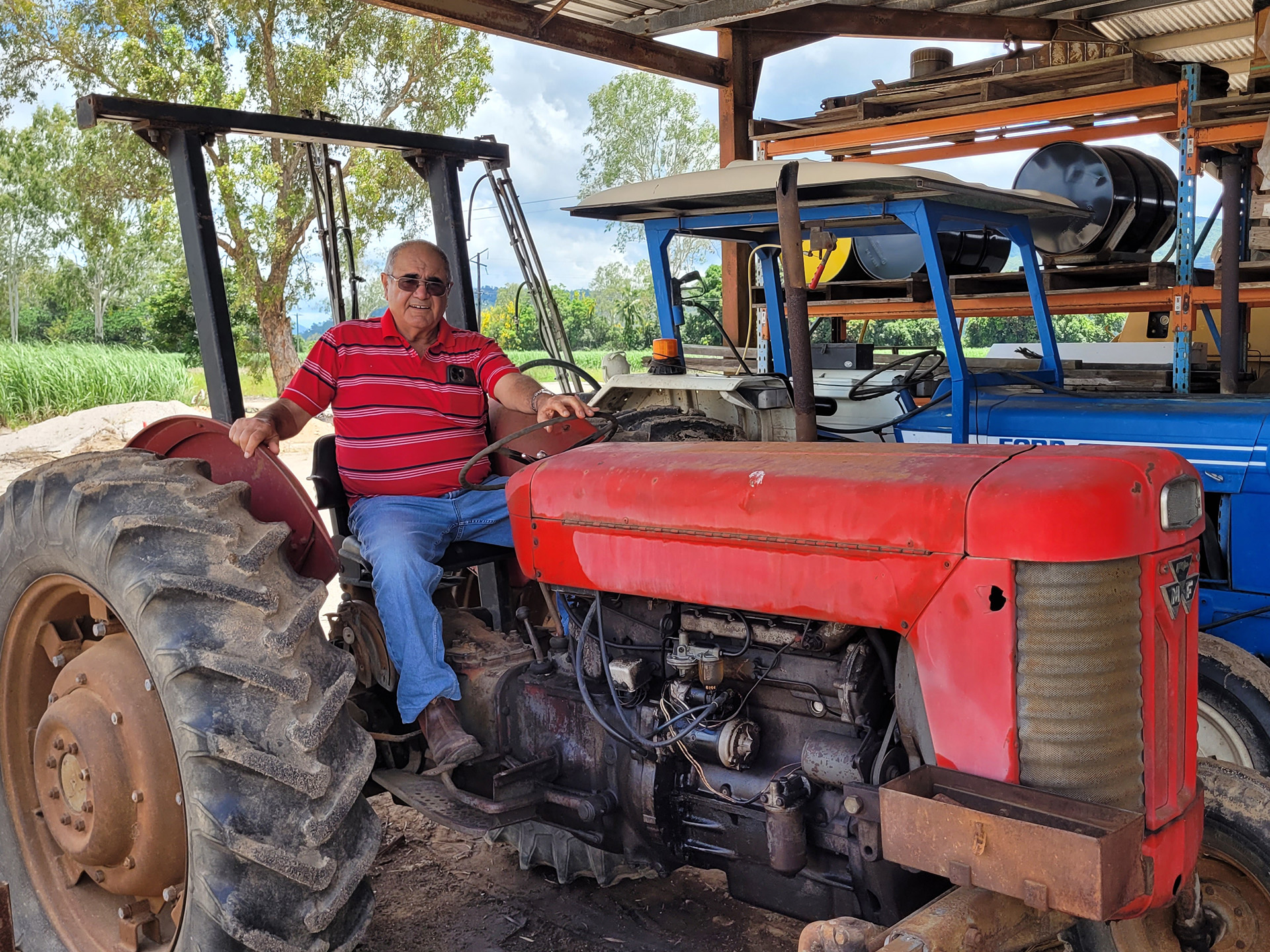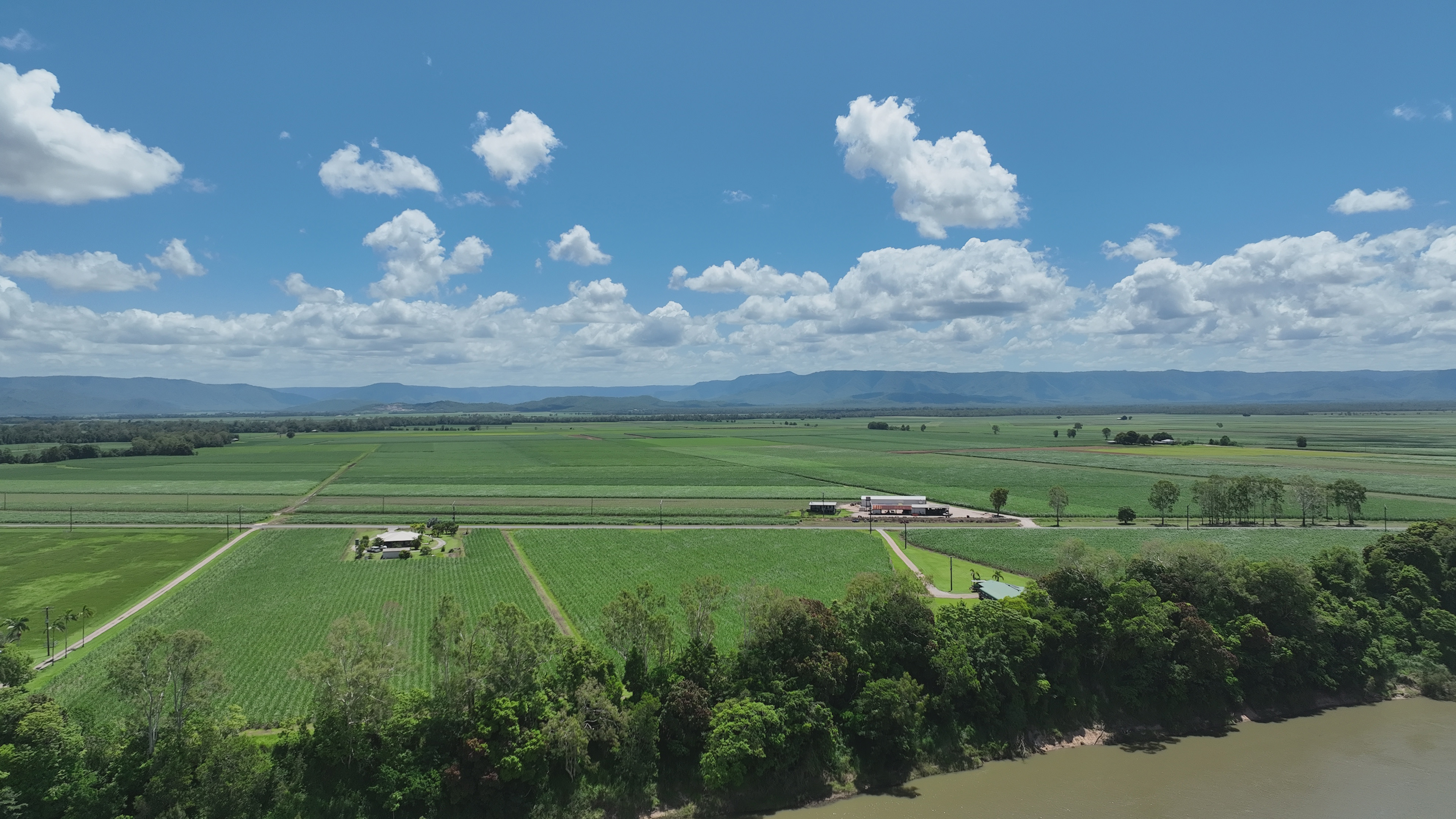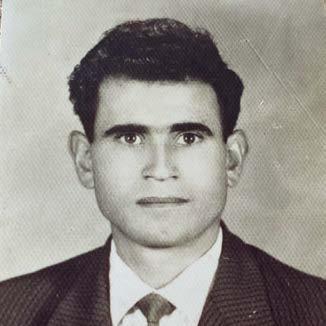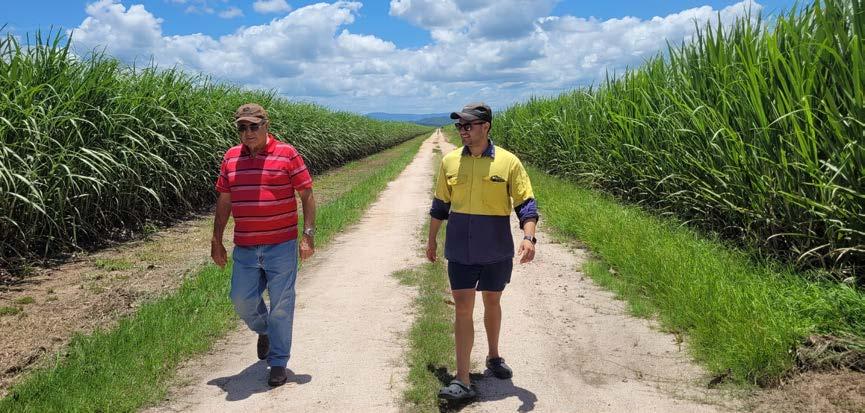
7 minute read
Hard Yakka yields results
BY RENEE CLUFF
A Herbert River sugarcane grower has created a wealth of opportunities through his strong work ethic and willingness to adapt.
Tony Crisafulli is a living, breathing epitome of Australia’s principle of a fair go. After migrating from Italy in the early 1960s as a nine-year-old boy, he and his father Francesco carved out a legacy for future generations, which has paid dividends.
Today, Tony oversees just over 500 hectares of productive cane land just outside Ingham and sends around 40,000 tonnes to the Victoria Mill each year. It’s a far cry from the situation his family was in prior to migrating.
“Dad was working in Italy and getting nowhere fast,” Tony said. “He was leasing land – he’s always been on the land and back then, it was mixed farming including crops such as olives and wheat. He was getting 20-per-cent of the returns while the owner got 80-per-cent, even though Dad did all the work. He was only making enough to barely stay alive.
“Dad’s brother left first to cut cane in Queensland and Dad followed. He was fairly old to cut cane at age 37 but he was very keen. They were fussy on who they would pick to migrate, and Dad tried once and got rejected, he tried again and got accepted. So, he got on a boat and we stayed back in Italy.
“He started cutting cane in 1960, the work was very hard, but he adapted and by the end of his second year, he was a champion cutter. He’d lead the pack all day and the younger ones had to try to keep up. When it came to loading, they had 16 trucks to a gang of five, so there was always one truck left over and he’d load it on his own –that’s how fit he was.


“Once the season finished, he’d go to Mareeba to pick tobacco and also graded tobacco. Grading is a job where you are on contract – the more you do, the more you get paid. He used to work 20 hours a day over a two-month season. He was probably making more than a doctor.
He loved it because his hard work was recognised
Tony, his mother and two sisters moved to Australia in 1961 and just a couple of years later, Francesco and a couple of family members chipped in to purchase a harvester.
“They delivered it brand new and I thought, ‘wow!’. When I was 11 years old, I could drive it, I washed it, all I wanted to do was harvest.

“We are probably one of the only contractors left who have been continuously harvesting since 1963. Most of them have come and gone. We have been cutting the cane on some farms for more than 60 years. That’s an honour and it’s something Dad started.”
Tony left school at age 14, working for the harvesting business during the season and like his father before him, travelled to other regions to supplement his income. After doing everything from picking fruit in Griffith, New South Wales, to building the Fairbairn Dam in Emerald, he’d made enough money to contribute to the purchase of the family’s first farm.
“Dad didn’t pass on the farm to me, we bought it together,” he said. “I was in charge of farming and helped Dad with the harvesting during the season.
“If we finished on Friday at 2 o’clock, I’d go up Friday afternoon, Saturday and Sunday working the farm and then Monday morning I would get up at 2-AM and go and service the harvester so that when the men came at 5-AM, we were ready to go,” he recalls.
When Tony was aged 20, he married his wife Karen (nee Fanti). She was also from a cane farming family so was well aware of the hours Tony would be working.
He put those hours to good use. Willing to give almost anything a go, Tony was an early adopter of many practices, from stool splitter fertiliser application to using GPS for precision farming and harvesting. Tony is BMP accredited and fallows between 15 and 20-per-cent of his land every year, planting legumes as a break crop.
“We’re always trying things,” Tony said. “When harvesters first came out, we bought one and upgraded it and we were among the first to cut green. All the neighbours were looking around, saying, ‘It’ll never work!’ and I actually had a lot of trouble convincing my father.
“But when he looked at the comparison in one block between what we’d cut green and what we’d burned, he became a believer. We had less grass, less weeds, and the cane thrived.
We’ve been green ever since.

“More recently, we were involved in a mill mud trial. We made a furrow, and they put the mill mud in there at different rates across a whole paddock.
Tony’s family has been contract harvesting since 1963
“There’s one block where we placed mill mud that we’ve replanted, and the cane is as good as if it had been fallow ground. The cane just picks it up when it’s in a furrow.”
Tony was also a bin hauling champion for many years, his speed and precision in reversing and hitching a trailer put down to years of experience.
“I’d back up flat out onto the points,” he reminisced. “If you won, you won it by half a second, it was just like V8 Supercars. If you made one little mistake, you were gone – it was all over.”
Tony has plenty to be proud of, but what gives him the most satisfaction is seeing his family thrive. He and Karen had two children, Belinda and David. Unless you’ve been under a rock, you’d be aware David recently became Queensland Premier.
“David is a bit like his grandfather –go, go, go – he probably works 18 to 20 hours a day,” Tony revealed. “He just wants a better Queensland. He wants to change things.
He’s got a hard job ahead of him
Sibling Belinda owns and runs three fashion boutiques and also does the accounting for the family harvesting businesses. “She has the best clothes in Ingham or Townsville,” Tony boasted. “She gets all the good brands.”

His grandchildren, nieces and nephews are also high achievers across a range of industries, from medicine to defence, engineering, entrepreneurship and more. Grandson Jaidyn Spina, a school teacher, will probably take over the farm, while son-in-law Andrew Spina also plays a big part in the day-to-day running of the business.
“My dad was probably the last migrant who came out that actually bought into cane farms in this district,” Tony muses. “Later on, it just wasn’t possible anymore.
If my father was alive now, to see how his family has achieved, he’d be so proud
“We could have gone back to Italy and bought some land, but it never crossed our minds. My dad said this is where he wanted to die. This is home now, it’s where we want to be.”







